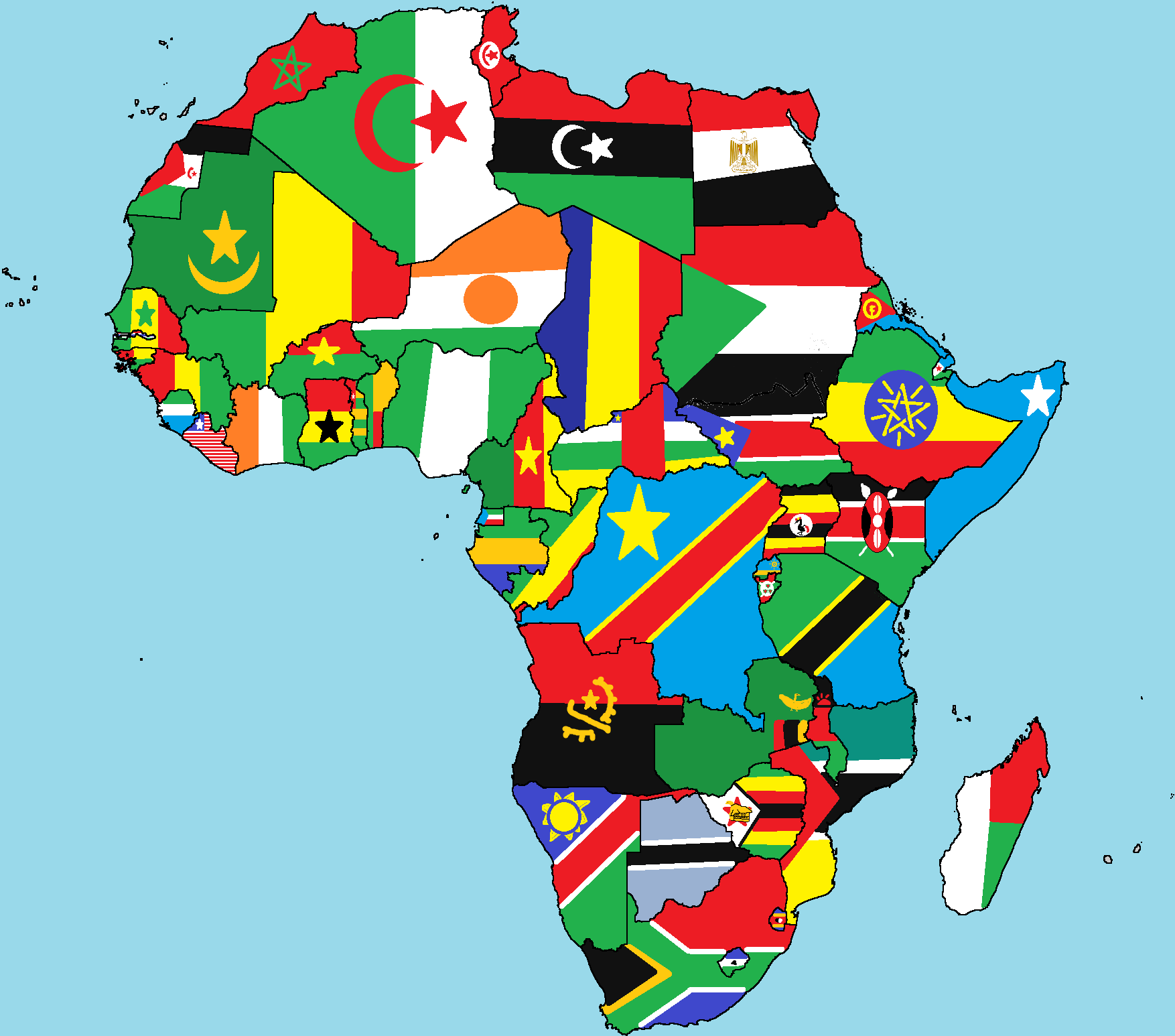On January 11, 1976, the late Nigerian head of state, General Murtala Ramat Muhammed, addressed an extra-ordinary summit of heads of state and government of the OAU in Addis Ababa. His speech was entitled: “Africa has come of Age.” He said:
“Africa has come of age. It is no longer under the orbit of any extra-continental power. It should no longer take orders from any country, however powerful. The fortunes of Africa are in our hands to make or mar. For too long, we have been kicked around; for two long, we have been treated like adolescents who cannot discern their interests and act accordingly. For too long it has been presumed that the African needs outside ‘experts’ to tell him who are his friends and who are his enemies.
Brain drain: Who is to blame for the mortal exodus of Nigerian doctors?
Gov Obaseki deserves ‘congratulations’ for Okowa’s VP selection
The time has come when we should make it clear that we can decide for ourselves; that we know our own interests and how to protect those interests; that we are capable of resolving African problems without presumptuous lessons in ideological dangers which, more often than not, have no relevance for us, nor for the problem at hand.”
It has been 46 years since that speech, acknowledged as the most revolutionary given by an African leader up to that point in African history, was made. It jolted the super powers and most probably jolted them to the elementary fact that you can take a people for granted for only so long. It pleased Africans and people of African descent. They hailed Muhammed as the new, bold voice of the lumbering giant of a continent. And not unreasonably many of us heard in Muhammed’s voice, the voices of African radicals, dead, imprisoned and alive, such as Amilcar Cabral, Nelson Mandela, Kwame Nkrumah and Patrice Lumumba.
Forty-six years later, where is Africa, the Africa that had come of age? There is no prize for guessing the answer. If, indeed, it came of age in 1976, then Africa is showing all the disturbing signs of premature ageing. It is not just the limping giant; it is the sclerotic giant, hobbled by its venal, corrupt, thieving leaders who have managed quite remarkably to uniformly wear incompetent leadership as a badge of honour. If Muhammed were turning in his grave, it would not be because Col Dimka and his murderous band of political adventurers put a sudden end to what he stood for as a leader but because he probably had a poor reading of the African situation to make his confident pronouncement about its new place in world affairs.
Ask Mo Ibrahim, the Sudanese billionaire. A few years ago, he put up an annual $5 million prize to challenge African leaders on good governance. It says volumes about the quality of leadership on the continent that only one man, former president of Botswana, Festus Mogai, has won it.
Muhammed is longer with us and would not know this: Africa is still being spoon-fed; African leaders still look to outside ‘experts’ to tell them how to manage their economy, provide adequate security for their people, provide good governance, how to bring down poverty and curb the rampant corruption ravaging virtually all African countries.
Item: More than 40 African leaders were in Washington DC in August 2014 to attend President Barack Obama’s three-day Africa summit. ‘Experts,’ as you would imagine, lectured them on trade, investment, stability and growth and counter-terrorism. They heard of the US determination to push out China by putting good money into infrastructure and the exploitation of nature resources such as oil and solid minerals.
I would imagine our leaders salivating over the hugely enticing prospects of American dollars pouring into their national coffers. And apparently calculating how they would pocket most of it. They also heard from the leader of the free world for the nth time about their dismal record on good governance, free, fair and credible elections, human rights and their commitment to a new brand of democracy sans political pluralism. And they chuckled, feeling good about it all. Recognition comes in many guises and colours, believe me.
They are all back home now with their latest purchases from exclusive shopping haunts of the rich and the famous. A summit of this nature has its obvious uses. I believe that Obama had honest intentions in convening it. The problem is not the slew of ‘experts’ who lectured African leaders on the basics of honest political leadership, honest economic husbandry and security of lives and property. African leaders are the problem. They have ears but they do not hear; if they hear, they do not absorb; if they absorb, they do not implement.
In the last 18 years alone, the world has responded to the special needs of this hapless continent of hapless people. But the more the world has acted to save Africa from its leaders the more the continent has generally sunk in poverty; the less natural resources such as oil, have benefited the poor majority and the more poor governance and incompetent leadership have fueled political and economic crises and the more religion has divided rather than united the people.
Here is a partial list of world initiatives intended to make a better story in the world:
New Partnership for African Development, 2002, famously known by its acronym of NEPAD; UN Systems-wide Special Initiative on Africa, Cairo Plan of Action, US Partnership for Economic Growth and Opportunity in Africa Initiative, Tokyo International Conference for Africa Development, the G8 Okinawa Declaration and the mother of them all, Millennium Development Goals, MDG, 2000.
African leaders are eager at all times and in all circumstances to go abroad at the invitation of their counterparts to listen to lectures on how to discharge their primary responsibilities as leaders of their various countries. My pet theory for this is that they believe their invitation is tantamount to their personal recognition as leaders of note. Rather jejune, would you not say?
So, let me ask you: Is it not a shame, really, that today we have no African leader with the moral clout and political stature to summon his counterparts on the continent to deliberate and find, to borrow from former President Ibrahim Babangida, home-grown solutions to the problems that confront the continent and its people?
Take the current security challenges of insurgency and terrorism in the West African and Central African sub-regions, especially Nigeria. Have African leaders shown any signs that they appreciate the dangers they pose, not only to current theatres of the insurgency but also to the entire continent? The only African talk shop on it so far was held in Paris in June, 2014. And the French president summoned it.
Has Africa come of age?
(First published in Newsdiaryonline, August 2014. This is a slightly edited version)

 Join Daily Trust WhatsApp Community For Quick Access To News and Happenings Around You.
Join Daily Trust WhatsApp Community For Quick Access To News and Happenings Around You.


